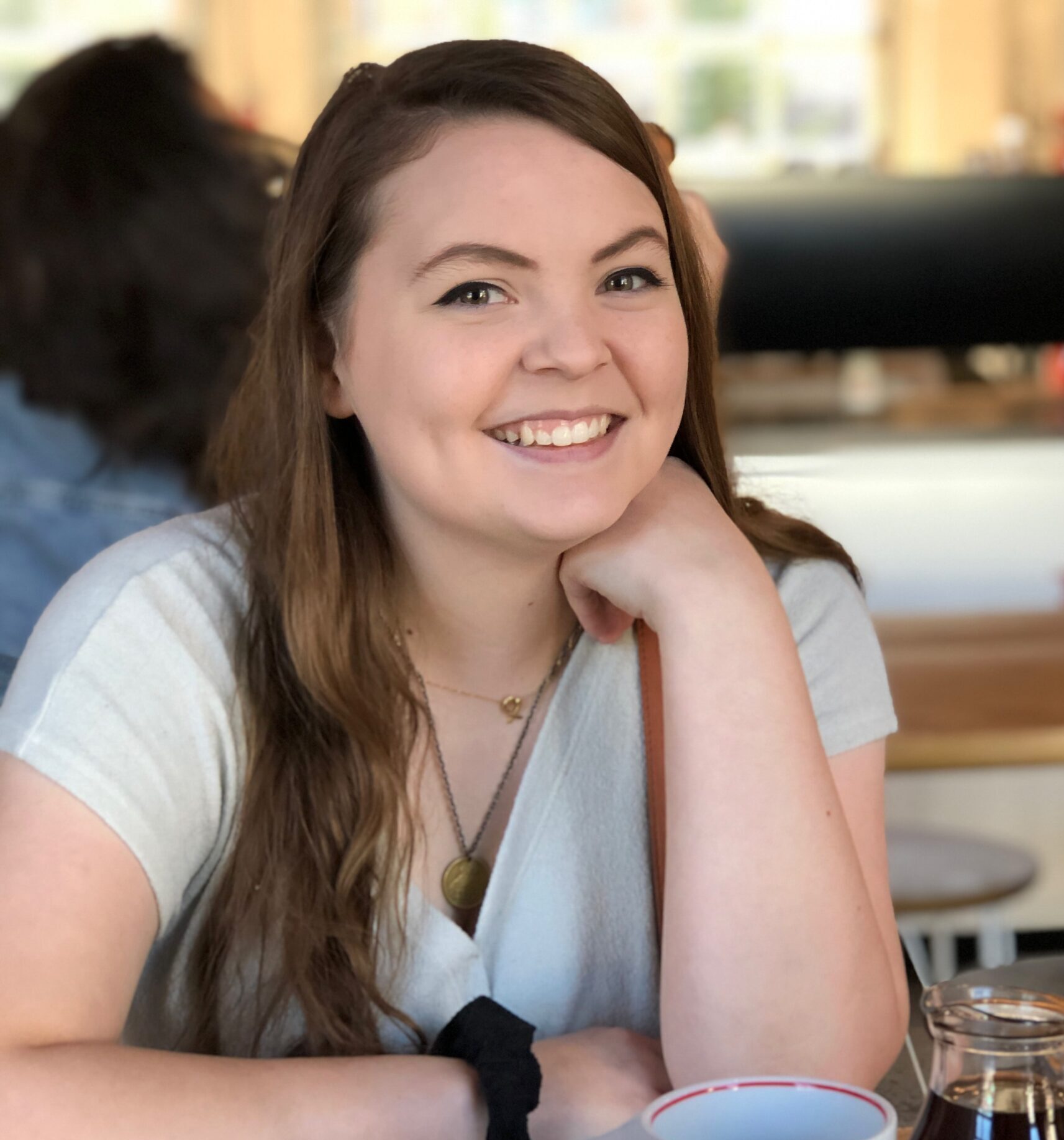As the opioid epidemic continues, recent events at Nova Southeastern University in Florida have reignited the debate surrounding the dissemination of accurate information about opioid use, particularly within educational institutions. The ramifications of this especially impacts orthopaedics as one of the specialties that prescribes the most prescription opioids. The efforts of the majority of orthopaedic professionals in mitigating the opioid epidemic cannot be understated. Recognizing their pivotal role as one of the specialties that prescribes the most prescription opioids, the majority of orthopaedic professionals have taken proactive measures to address the crisis. From implementing alternative pain management strategies to advocating for judicious opioid prescribing practices, these professionals are at the forefront of efforts to combat opioid misuse and addiction. However, it is crucial to acknowledge that a small subset within the orthopaedic community may downplay the severity of the situation or resist adopting evidence-based practices. While this minority stance may seem insignificant, it can create a dent in the collective efforts of the majority, especially when presented at a university level.
In October of last year, Dr. Martin Hale, an orthopaedic surgeon with ties to opioid manufacturers, delivered a lecture to first-year medical students at Nova Southeastern University. The lecture, ostensibly about pain management, came under fire for its alleged dissemination of “false and misleading” information regarding prescription opioids. Critics, including a professor at the university and pharmaceutical industry watchdogs, took issue with several slides from Hale’s presentation.
One of the key criticisms leveled against the lecture was Hale’s alleged minimization of the risks associated with opioids. Despite the well-documented dangers of opioid addiction and overdose, Hale purportedly downplayed these risks, painting a rosier picture of opioid use than warranted by the evidence. Furthermore, he reportedly implied that addiction to prescription opioids is rare, a claim at odds with the grim reality facing many individuals struggling with opioid dependence.
Perhaps most concerning was Hale’s mention of “pseudo-addiction,” a controversial concept lacking official recognition within the medical community. Pseudo-addiction suggests that certain behaviors indicative of addition, such as drug-seeking behavior, are actually manifestations of undertreated pain rather than true addiction. While this idea has been debated within medical circles, its inclusion in Hale’s lecture without proper context or caveats could potentially mislead students and perpetuate misconceptions about opioid addiction.
The ramifications of disseminating inaccurate information about opioids within university settings extend far beyond the lecture hall. Universities play a pivotal role in shaping the attitudes and practices of future healthcare professionals. Medical students, in particular, rely on their education to inform their clinical decision-making and patient interactions. Thus, any misinformation or skewed narratives regarding opioid use can have far-reaching implications for patient care and public health. Failure to address the opioid epidemic with the gravity it deserves within academic institutions not only undermines orthopaedic professionals’ efforts to combat addiction but also perpetuates stigma and misinformation. By downplaying the risks of opioids and promoting outdated or unsubstantiated concepts like pseudo-addiction, universities risk contributing to the ongoing crisis and undermining the strides orthopaedic professionals have made rather than mitigating its impact.
Sources:
Clinical Approach to Pain Management in the Chronic Pain Patient – Dr. Hale’s Lecture
Years into an addiction crisis, a med school lecture still minimized opioid risks
Pseudoaddiction: Fact or Fiction? An Investigation of the Medical Literature
Opioid “pseudo-addiction” lives up to crime of the century tag

